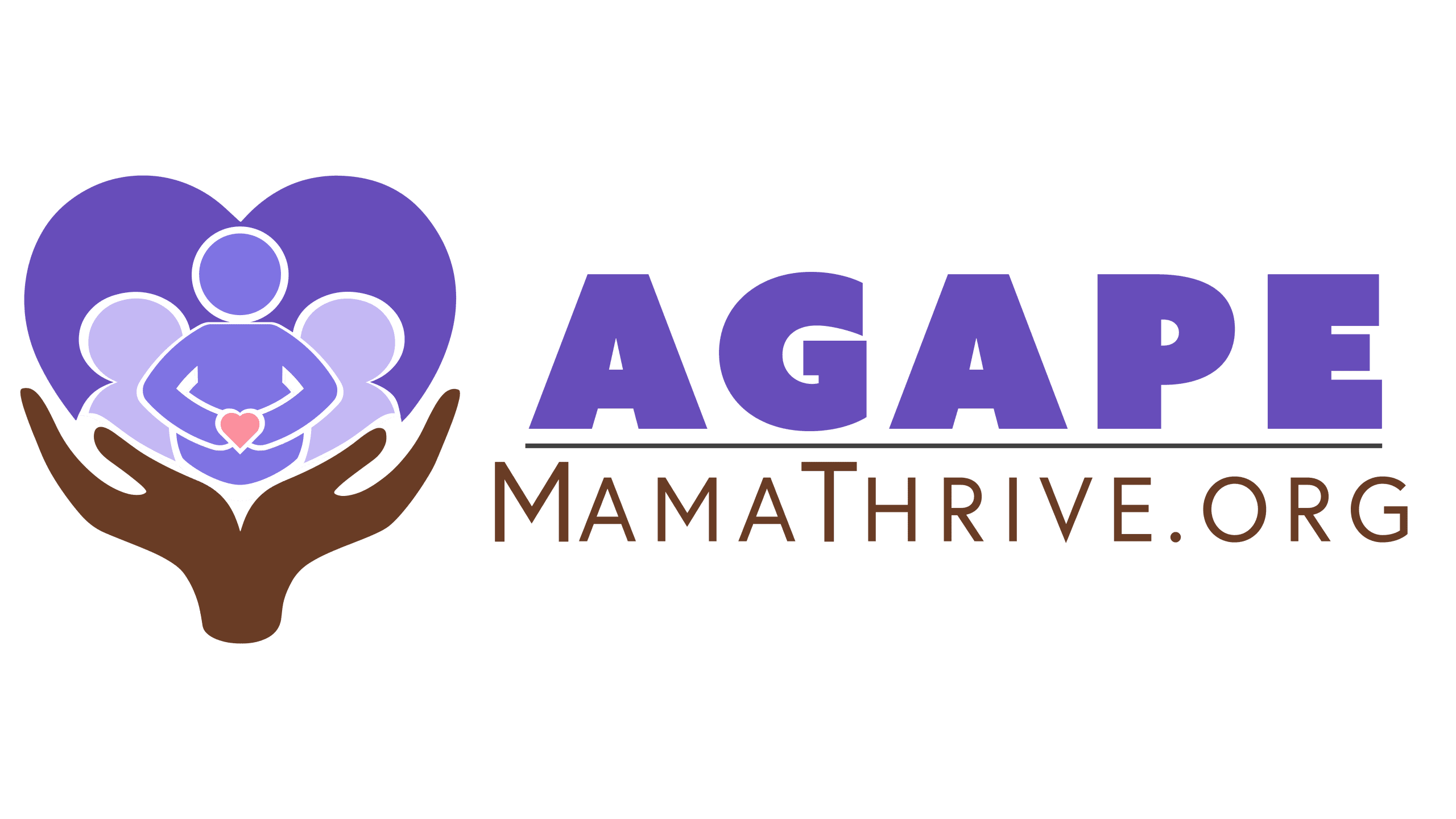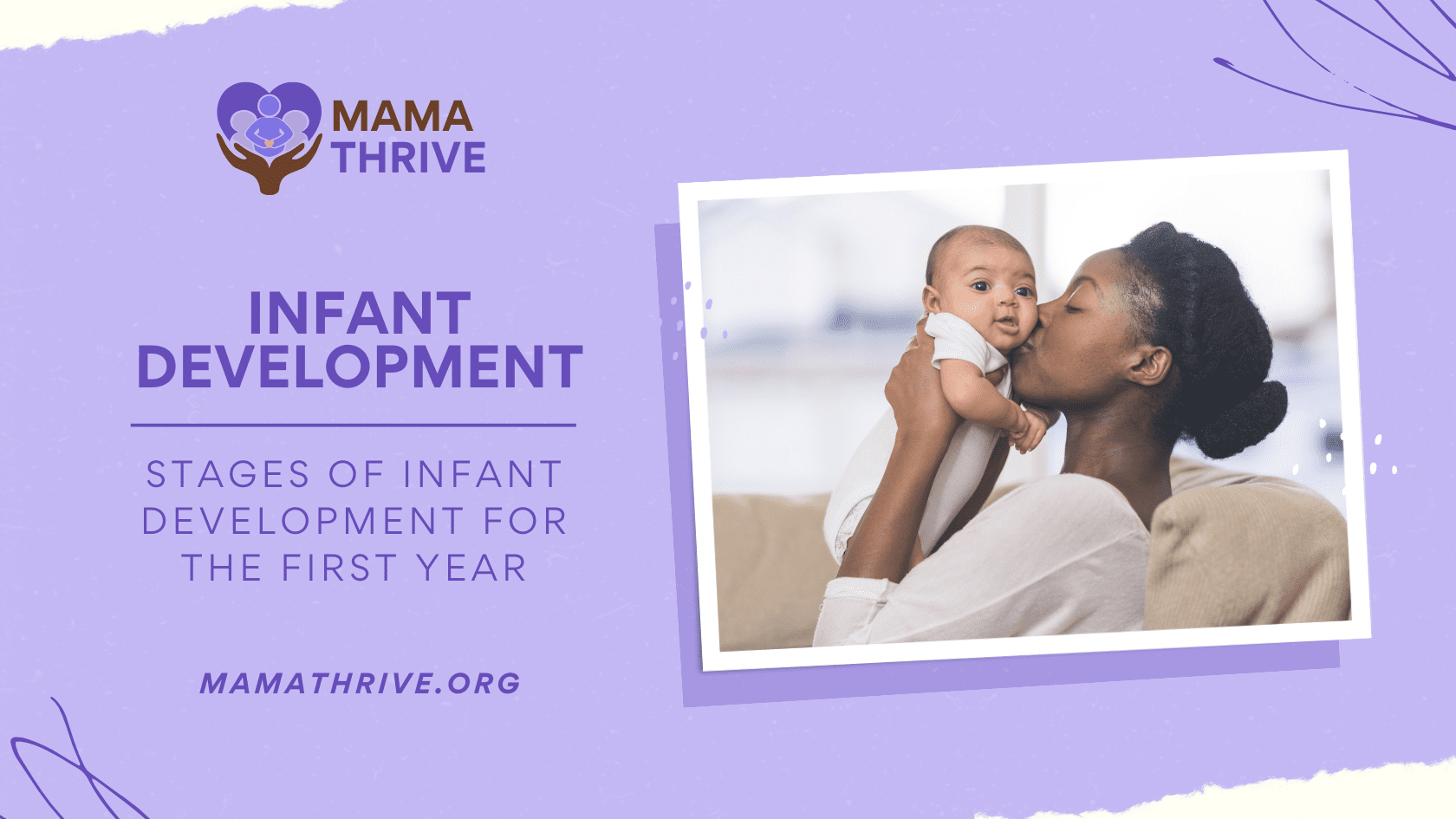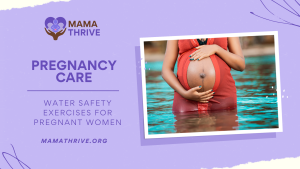The first year of a baby’s life is a time of astonishing growth and development. From a helpless newborn to a curious toddler, the changes they go through are immense and exciting. As parents or caregivers, understanding these stages of infant development can help you support your baby’s growth and recognize their achievements. Here’s a guide to the key developmental milestones to look out for during your baby’s first year.
The First Month: Waking Up to the World
Physical Development
During the first month, a baby’s physical development is primarily focused on reflexes that are crucial for survival. These include the sucking reflex, which ensures the baby can feed; the grip reflex, where a baby will instinctively clasp any finger that strokes their palm; and the startle (or Moro) reflex, a reaction to loud sounds or sudden movements. Although these reflexes are automatic, they are essential indicators of a baby’s neurological development and health.
Babies in their first month spend a majority of their time sleeping, with periods of wakefulness gradually increasing. During these waking moments, you might notice your baby beginning to make more deliberate eye contact. This is a critical foundation for future social interactions, as it’s one of the earliest forms of communication between babies and their parents or caregivers. Responding to familiar voices, babies start to show a preference for the sound of their parents’ voices over others, indicating the beginning of social and emotional bonds.
Learn more about babies sleep pattern.
Emotional Development
Emotionally, newborns communicate primarily through crying. This is their way of signaling they might be hungry, tired, uncomfortable, or in need of a diaper change. However, even in these early days, babies begin to show signs of recognizing and responding to comforting actions from their parents or caregivers, such as cuddling, rocking, or soft singing. These actions can soothe a crying baby, demonstrating the baby’s capacity for early emotional attachment and the critical role of caregiver responses in nurturing this bond.
Stages of Infant Development By Three Months: Exploring with the Senses
Physical Development
By the time a baby reaches three months of age, significant infant physical development is evident. The neck and upper body muscles become stronger, enabling the baby to lift their head and chest while lying on their stomach—a movement known as tummy time, which is crucial for developing muscle strength and coordination. This period also sees the development of hand-eye coordination, with babies starting to open and close their hands, swipe at objects within their reach, and bring their hands or objects to their mouth. This exploration through touch and taste is a vital part of sensory development and helps babies learn about the world around them.
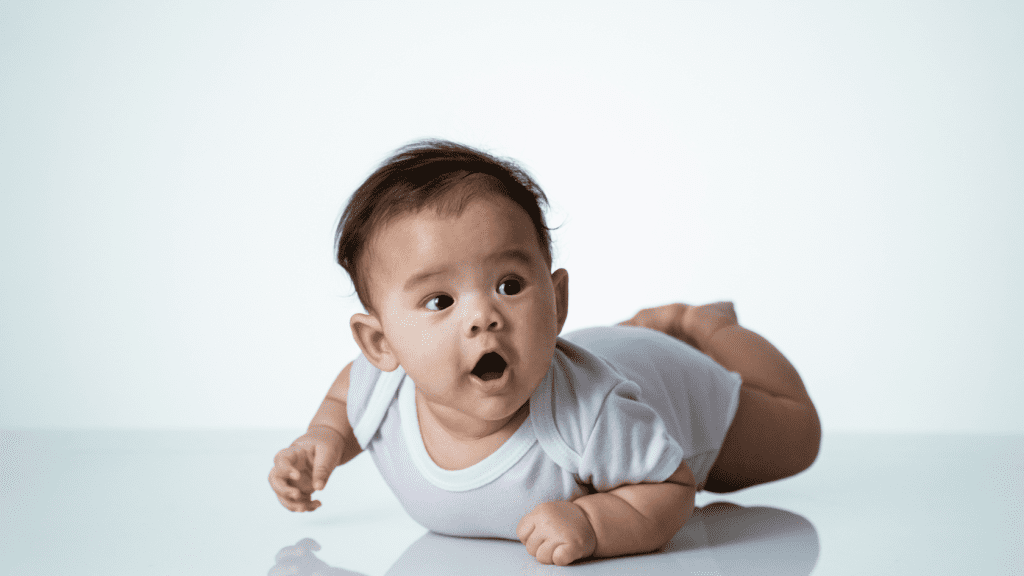
Social and Emotional Development
The social and emotional development of babies takes a joyful turn around three months, marked by the milestone of social smiling. Unlike the reflexive smiles of the first few weeks, social smiles are intentional expressions of joy and contentment, often occurring in response to interactions with parents or caregivers. This development signifies a baby’s growing engagement with their social environment and their ability to form emotional connections with people around them.
Recognition skills also improve during this period, with babies beginning to recognize familiar faces and objects from a distance. This recognition plays a fundamental role in the baby’s sense of security and attachment, as they start to understand who their primary caregivers are and develop a preference for them over strangers. This phase lays the groundwork for more complex social interactions and emotional bonds that will continue to evolve in the coming months.
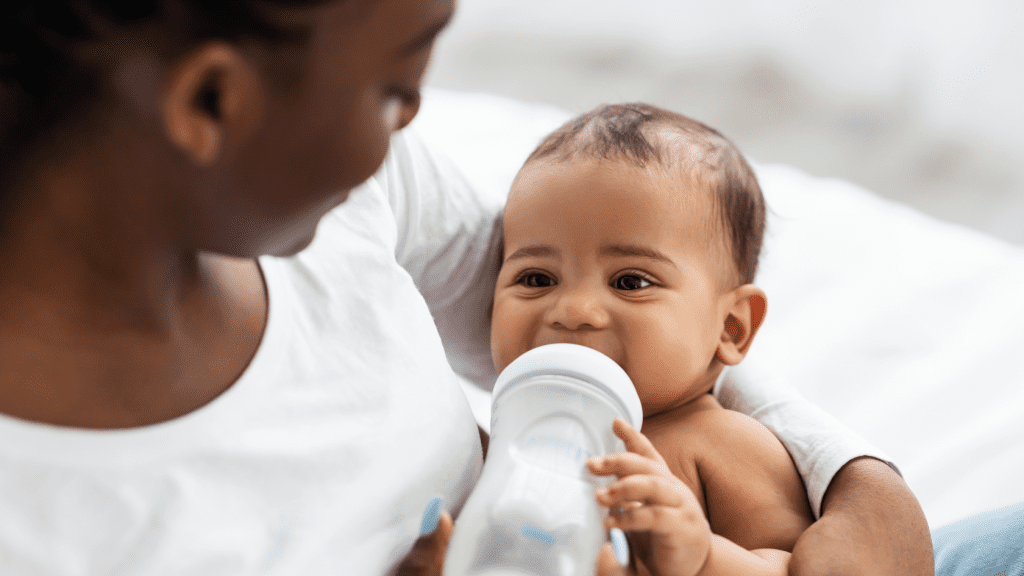
By Six Months: A World of Interaction
Physical Development
By the age of six months, babies exhibit remarkable physical growth and motor skill development. One of the most exciting milestones is the ability to roll over in both directions, which marks the beginning of independent movement. Many babies also start to sit up with or without support, showcasing an improvement in muscle strength and balance. Hand-eye coordination sees a significant boost; babies can now reach for objects with more precision, grasp them firmly, and explore them with their hands and mouth. This exploration is not just a physical activity but a crucial learning process as well.
Cognitive Development
Cognitive skills take a leap forward during this period. Babies become increasingly curious about their environment, paying attention to small objects and actively exploring them. This curiosity is the foundation of learning. They begin to understand the basic concept of cause and effect, exemplified by actions such as shaking a rattle to produce noise. This understanding shows that babies are starting to make connections between their actions and the outcomes, a critical aspect of cognitive development.
Communication
The six-month mark often introduces the onset of babbling, a significant communication milestone. Babbling involves the production of sounds that mimic the tones and rhythms of speech, preparing babies for future verbal communication. This stage is not just about noise-making; it’s an essential step in language development, as babies experiment with vocalizations and begin to understand the social aspect of communication through interaction with their caregivers.
Need prenatal care? Contact us!
4. By Nine Months: On the Move
Physical Development
By nine months, babies become more mobile and eager to explore their surroundings. Crawling is the hallmark of this phase, providing babies with a new sense of independence. However, not all babies crawl in the traditional sense; some may adopt alternative methods of movement like scooting, rolling, or even attempting to walk while holding onto furniture. This diversity in mobility highlights the unique pace at which each child develops and explores the world.
Social Development
Social and emotional development undergoes significant changes around nine months. Babies start to show a clear preference for familiar faces and may exhibit wariness or anxiety around strangers, known as stranger anxiety. This behavior is a normal part of social development, indicating that babies can distinguish between known and unknown individuals. Another critical development is the understanding of object permanence—the realization that objects continue to exist even when they’re out of sight. This concept is a major cognitive milestone and plays a key role in memory development.
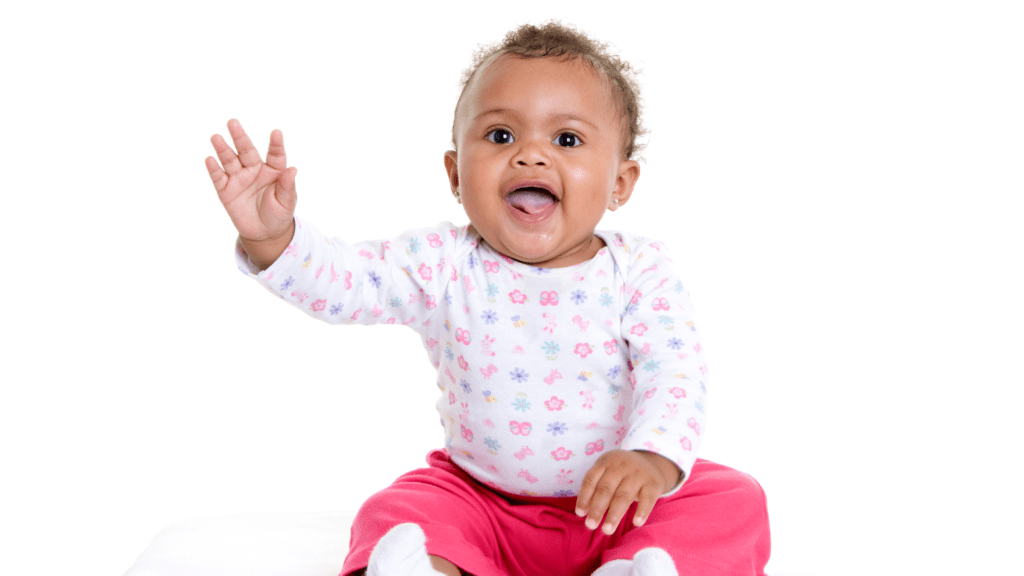
Communication
Communication skills for babies advance further, with babies beginning to use gestures such as pointing or waving “bye-bye” to express their needs and desires. These gestures represent an important step in non-verbal communication, enabling babies to interact more effectively with those around them. Additionally, babies may start to understand basic commands and respond to their names, showing an increasing comprehension of language and its social uses.
Encouraging Development
Every baby develops at their own pace, and it’s essential to provide a nurturing and stimulating environment to support their growth. Engage with your baby through talking, reading, and playing. Encourage exploration and allow them to try new things safely. Remember, regular pediatric check-ups and vaccinations are crucial during this formative year.
Understanding and celebrating these milestones can make the first year of parenting a rewarding experience. However, it’s important to note that development varies widely among babies. If you have concerns about your baby’s development, consult with a pediatrician for guidance and support.
